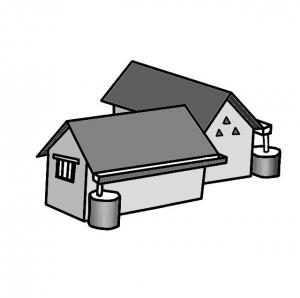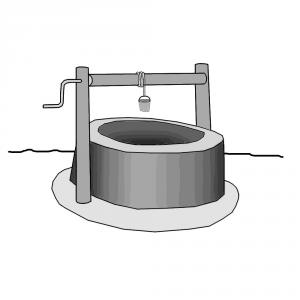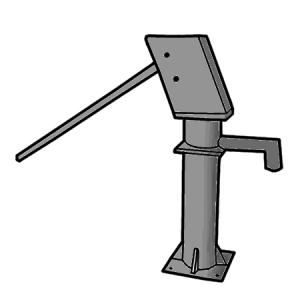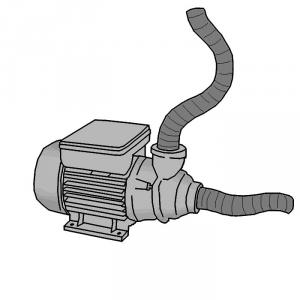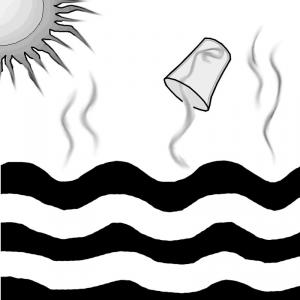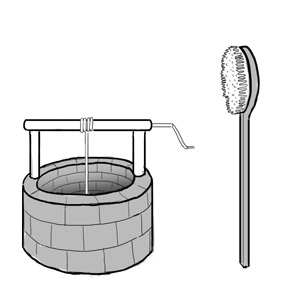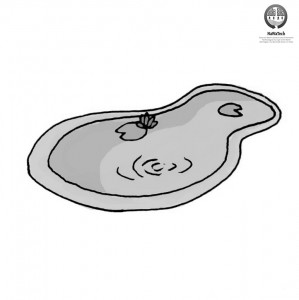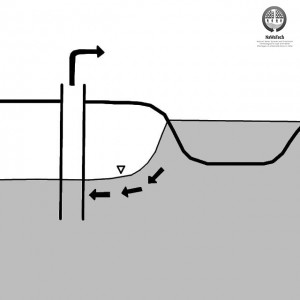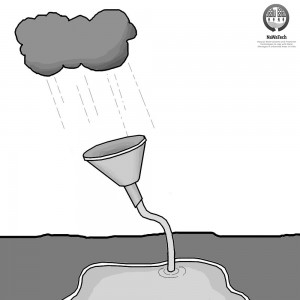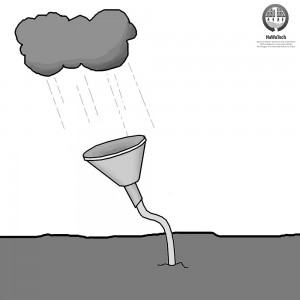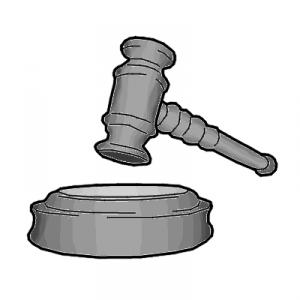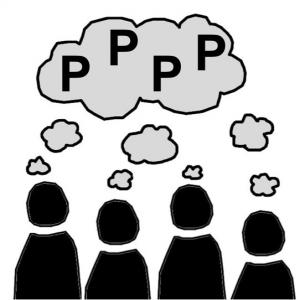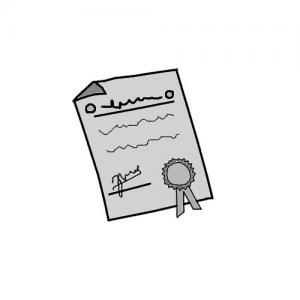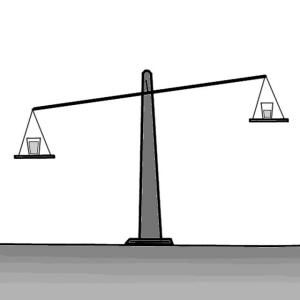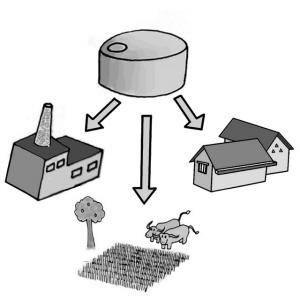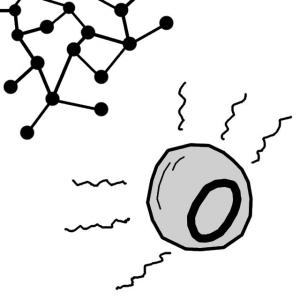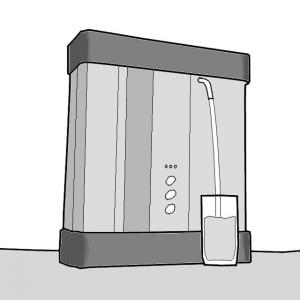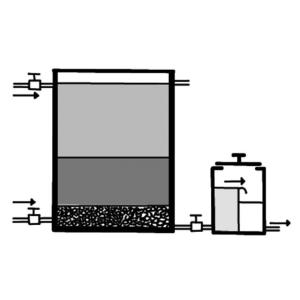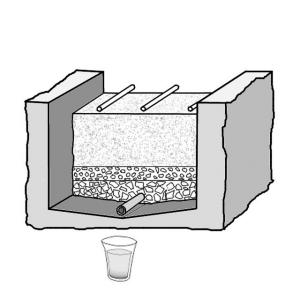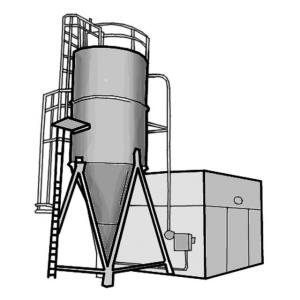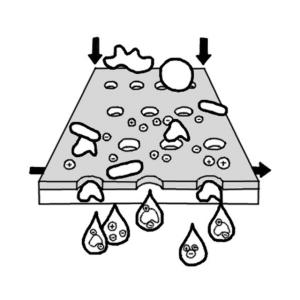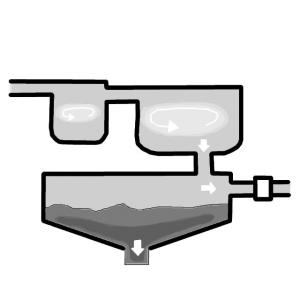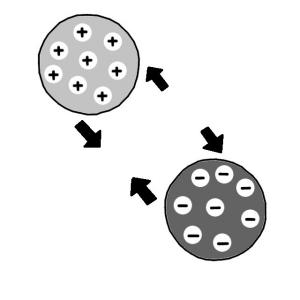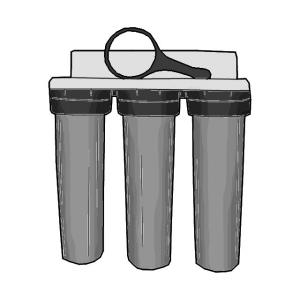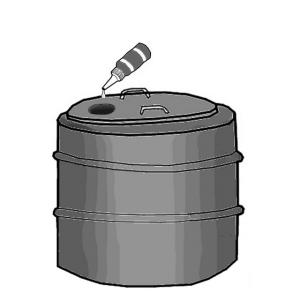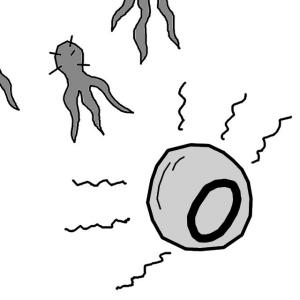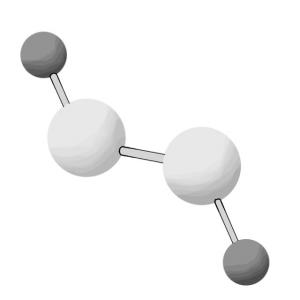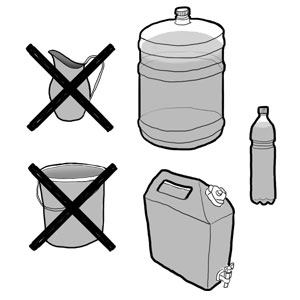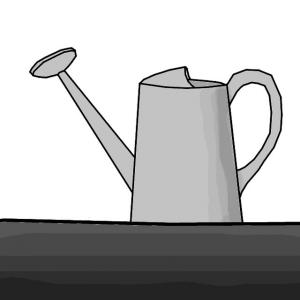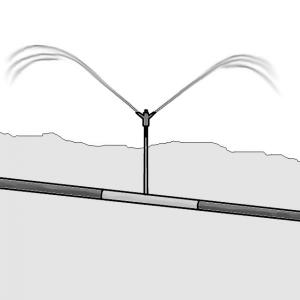Creating Policies and a Legal Framework (WS)
A core governmental role is to formulate policies, through which the government can delimit the activities of all sanitation and water management…
Strengthening Enforcement Bodies (WS)
Enforcement bodies have a very important role in establishing and ensuring the effective application of other software tools in sustainable…
A school campaign on water and sanitation consists of two main components: one component is the provision of safe water and sanitation facilities in…
Empowering Young People as Promoters (WS)
Empowering young people as promoters in the field of water and sanitation is a way of assuring that a project or programme has a greater effect and…
Media Campaigns - Internet and Email (WS)
The media (television, radio, print media, internet and email) play a significant role in spreading information and raising awareness on water and…
Creating Information Material (WS)
Creating appropriate and specific information materials for water and sanitation programmes is of key importance and a way to assure a strong and…
Advocacy - Influencing Leaders (WS)
"Advocacy is the action of delivering an argument to gain commitment from political and social leaders and to prepare a society for a particular…
Corporate Social Responsibility (WS)
Corporate Social Responsibility (CSR) is the continuing commitment by businesses to behave ethically and contribute to economic development while…
Social marketing is the use of commercial marketing techniques to promote the adoption of behaviour that will improve the health or well-being of the…
A subsidy (also known as a subvention) is a form of financial assistance paid to an individual, a business or an economic sector in order to achieve…
Standards are requirements based on risk limits. They are often established by authorities to impose levels of pollution control by determining…
Restrictions and prohibitions are a part of command & control tools, i.e. which are regulatory instruments that are direct and mandatory.…
Tradable water rights are one of several market-based instruments used in water management and pollution control. In economic theory, they are…
Water charges are a widely used economic instrument implied mainly by federal governments to better control water use and water pollution by imposing…
Water Resources Assessment
Water resources can be neither developed nor managed rationally without an assessment of the quantity and quality of water available. Water resources…
Water balance estimation is an important tool to assess the current status and trends in water resource availability in an area over a specific…
Material Flow Analysis (MFA)
Material Flow Analysis (MFA) is the quantification and assessment of matter (water, food, excreta, wastewater...) and substances (nitrogen,…
Water of a desired quality is often scarce, and has to be allocated to different uses such as human consumption, sanitation, the production of food,…













